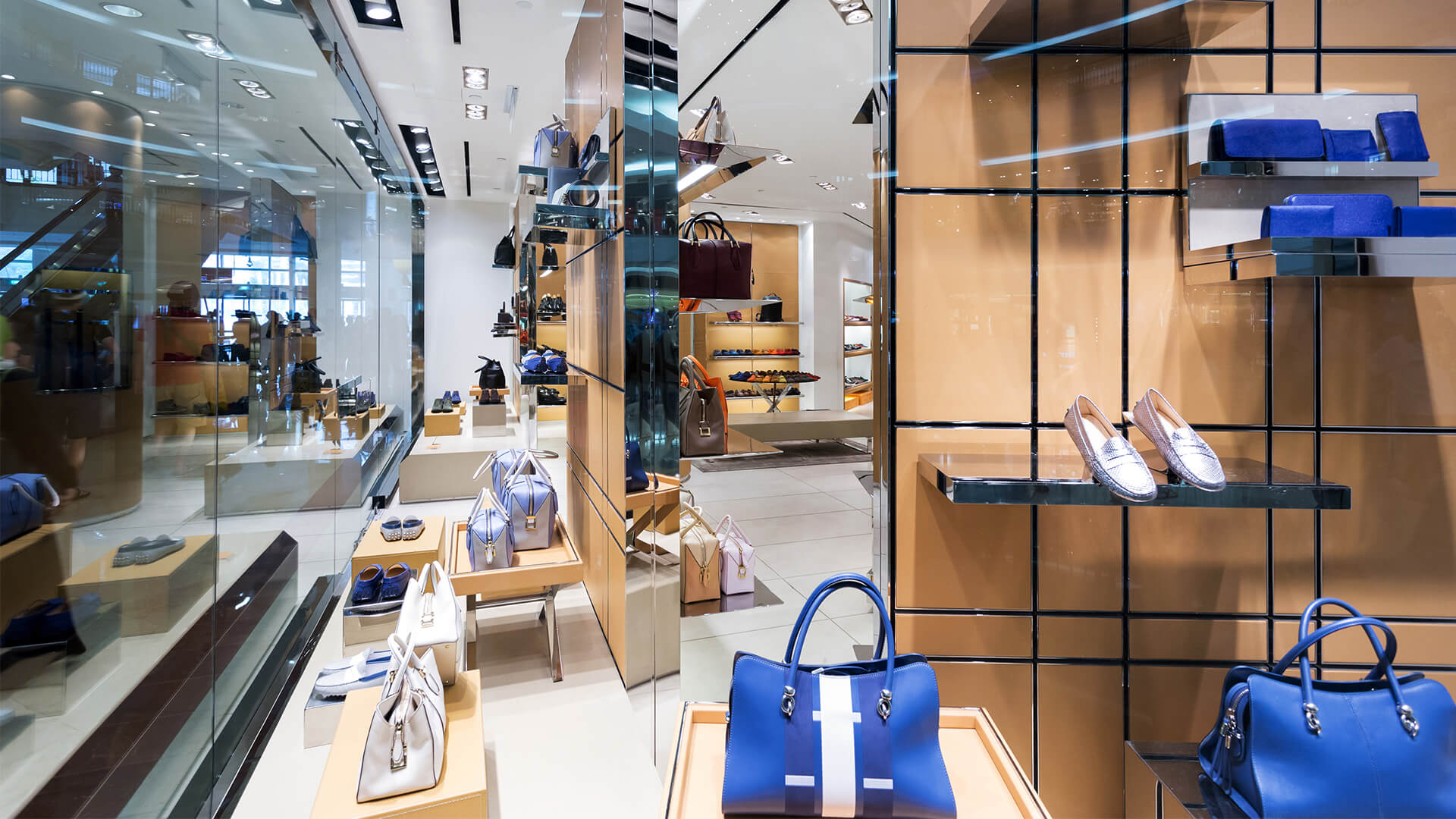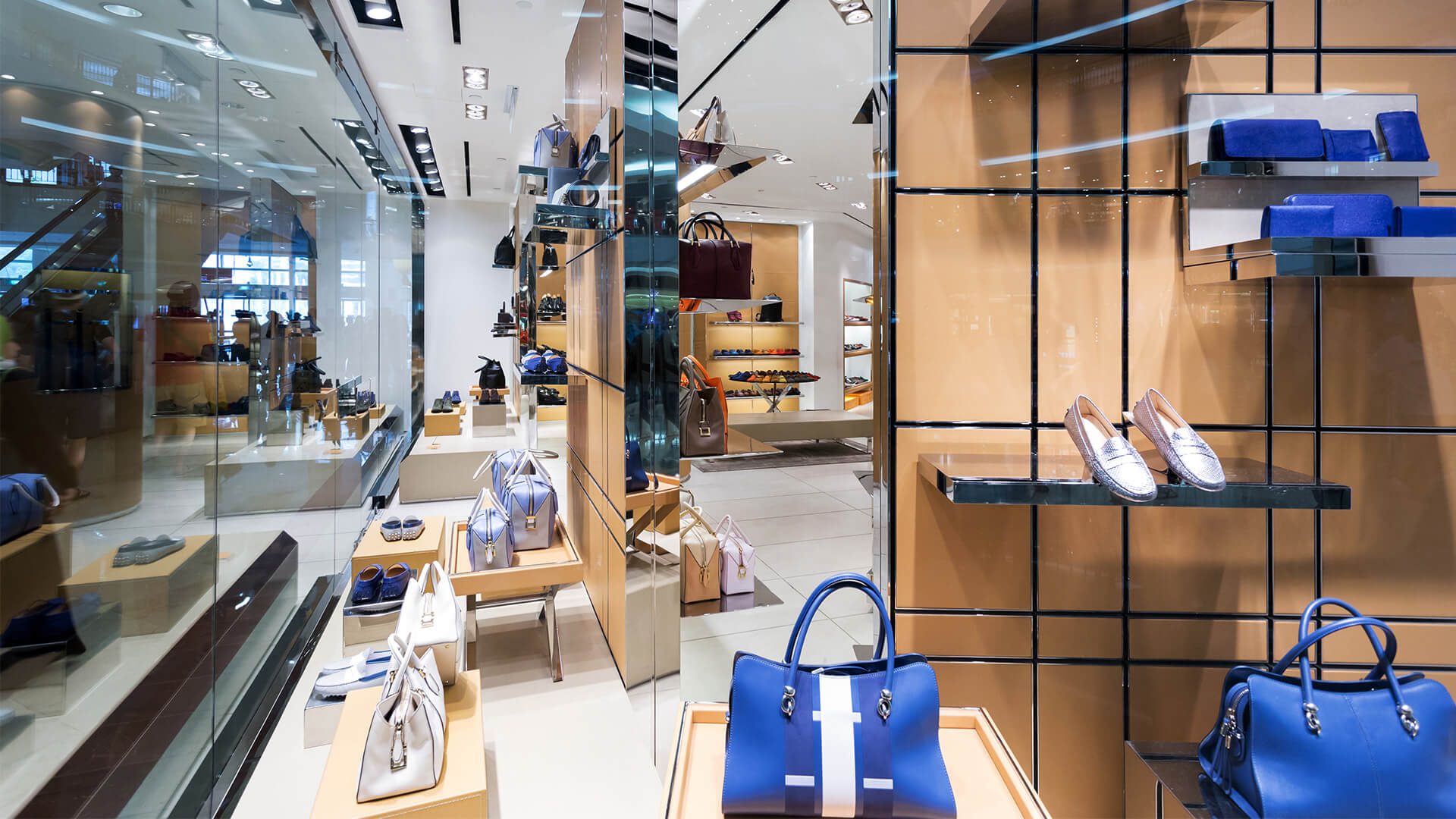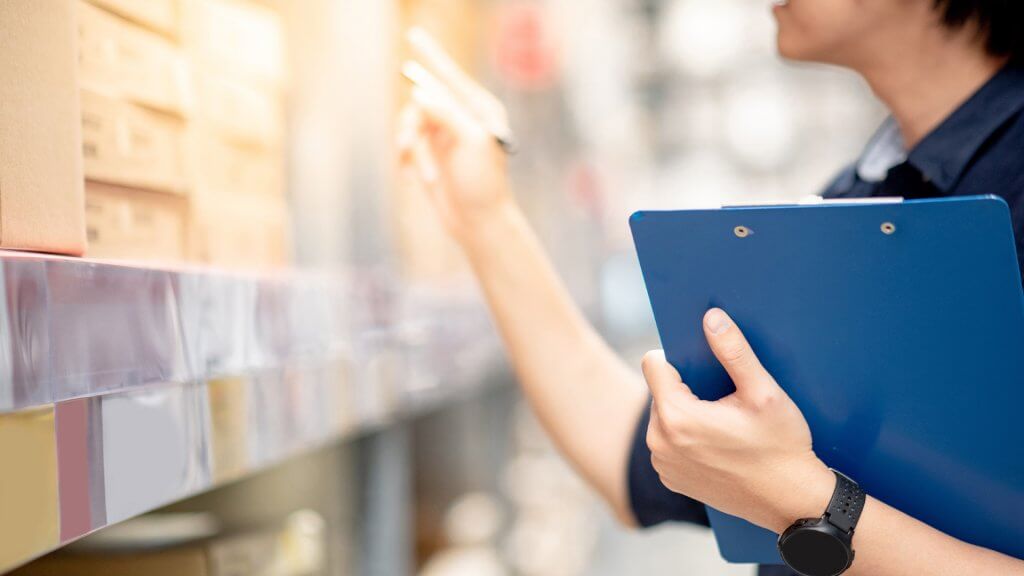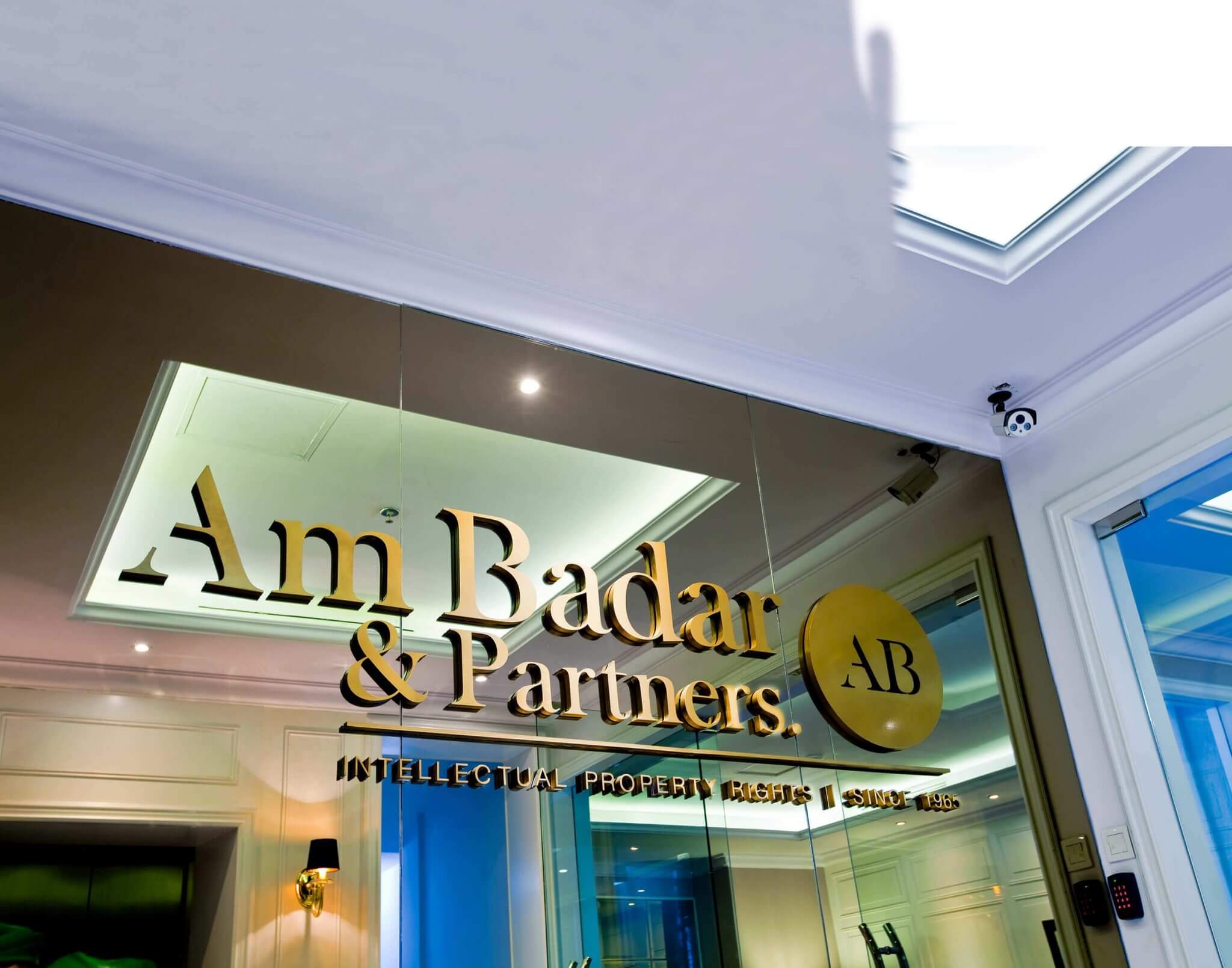
Luxury Market Explores Sustainability As Trends Becomes Key Focus For Brands and Consumers Alike
The luxury market has always been keen to buck trends, but now it is embracing its consumers’ focus on sustainability, as Staff Writer Hannah Stevenson discusses.
The luxury goods and services market has always been, by its very nature, a wasteful market, but it is now turning itself around in response to consumer demand.
An example of one luxury firm seeking to explore sustainability is packaging firm Delta Global which is rebranding to offer a greater focus on sustainability.
The firm delivers quality solutions for a variety of sectors, including fashion, cosmetics and footwear and counts business counts top names such as Estée Lauder, Coach, Tom Ford and Ted Baker among its clientele and now boasts a new name, logo and up-to-the-minute website.
Specialising in luxury papers, fabrics and bags, rigid and flat pack boxes plus accessories such as ribbons, tissue and stickers, the company also offers sustainable finishes, embossing and more.
Formerly called Delta Global Source, the 12-year-old business has simplified its name to reflect its wider offering, having now expanded to design, manufacture and deliver everything in-house at its Innovation Centre its Leicestershire headquarters in Whetstone.
Robert Lockyer, CEO, commented on the move towards greater sustainability.
“Everyone, e-commerce or high street retailer, should be aware of the power of packaging. The transient face of ecommerce means brands need to utilise packaging as an interactive ‘unboxing’ element – we recognise this is an intrinsic part of marketing and branding.
“The future of luxury retail is rapidly evolving, and we needed to modernise our branding to unify our vision of progressiveness, creativity and sustainability. There’s a thrill in delivering the most unique experience we can for both consumer and client.”
The firm’s rebrand places a strong emphasis on its four key pillars – luxury, sustainability, ecommerce and innovation – which act as the DNA behind the brand.
“Luxury reflects both material quality but also the customer experience and client relationship we adopt,” said Robert.
“We see ourselves as an extension of the businesses we support and strive to offer a surprising dimension throughout all our designs.”
Wholeheartedly behind the worldwide commitment to ‘reduce, reuse and recycle’, sustainability is at the forefront of everything Delta Global does.
Focusing on functionality and innovation, the team is committed to reducing elements of the supply chain, minimising packaging and storage throughout both the design and delivery process.
The company provide smart stocking and auto-replenishment systems which contribute to cost reduction as well as the green credentials of a brand.
Delta Global’s new logo now has a sleek monochrome palette with definitive edges. Robert explained: “The triangular delta symbol represents forward thinking and drive for change, plus it marks our three points of seamless functionality between design, development and distribution.”
Robert recognises that the luxury retail industry needs to think long-term when it comes to customer retention: “Only those that offer adaptable and engaging packaging solutions and deliver on its promise to positively affect the environment will remain valued by consumers and take the lead in their sector,” he added.
“We encourage our clients to think beyond the boundaries regarding recyclability. To stand out, you need to reward and engage customers with re-usable functionality. Make them feel exclusive.”
Robert and the Delta Global team have built an extensive global infrastructure over the years, including the acquisition of a production facility in South Asia and offices in Hong Kong and New York.
With cutting-edge design and an unrivalled speed to market process, Delta Global have also been ranked on the Sunday Times WorldFirst SME Export Track 100 league table this month which recognises Britain’s small and medium-sized companies with the fastest-growing international sales. The re-brand will help the company to combat the luxury space even further as they continue to push the boundaries using their imaginative and flexible approach.
This focus on sustainability goes beyond merely the increased exposure packaging has recently been receiving. Vegan and vegetarian diets, both designed to reduce the pressure on the planet’s resources, have become a staple and as such plant-based options are being incorporated by a wide array of companies such as Laura Ashley Tea Rooms.
Another key space in which sustainability is being incorporated is luxury construction, with many retreats and hotels offering innovative sustainable options and creating spaces that use minimal resources.
Companies offering prefabricated solutions are also exploring eco-friendly options, such as the Annex, a new sustainable out-house designed for the discerning luxury homeowner.
The new Annex luxury outhouse products are a solution to the modern-day issue of not having enough space at home for our loved ones. These innovative annexes take a fraction of the time to construct when compared to a home extension and offer what the creators, the Green Retreats Group compare to a tiny home as opposed to a simple additional room to your already existing property. The Annex is suited for year-round permanent living and is a fully functioning living space, complete with a bathroom, living room, kitchen and bedroom.
All of these garden buildings are built with care to the environment, engineered using high-quality eco-friendly materials in a factory that is completely carbon offset and run from solar power, and as such demonstrate the increased industry focus on combining luxury with sustainability.
Whilst these small moves towards sustainability and the incorporation of the environment into the luxury products narrative are important, over the coming years the market will face even more scrutiny, and as such firms in the luxury living space need to make sure they are constantly exploring new ways to reduce their impact on the environment or risk being left behind by more innovative and client-focused firms.





















